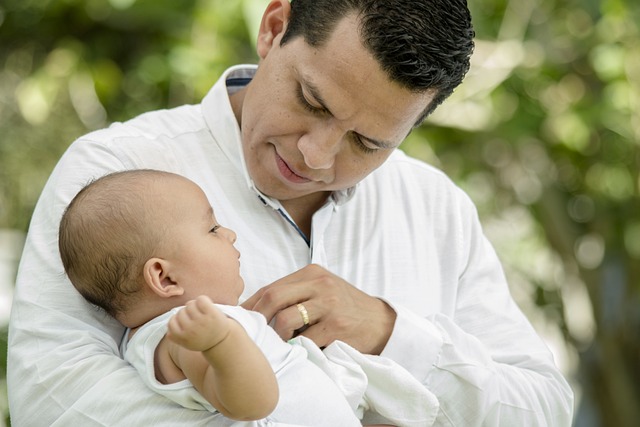In Oregon, grandparent rights are governed by state family law, requiring a court petition and demonstrating a strong bond with grandchildren. Grandparents need legal expertise to navigate ORS regulations, understand best interests considerations, and advocate for positive grandparent-grandchild relationships through strategic advocacy focused on emotional and social development benefits.
In Oregon, navigating grandparent rights can be a complex process. This article offers a comprehensive guide for understanding and advocating your rights under Oregon family law. We break down the legal processes involved, providing expertise to help you navigate these intricate matters. From recognizing your entitlements to implementing effective advocacy strategies in family law cases, this resource is designed to empower grandparents to protect their relationships with their grandchildren.
- Understanding Grandparent Rights in Oregon
- Navigating Legal Processes for Expertise
- Advocacy Strategies for Family Law Cases
Understanding Grandparent Rights in Oregon

In Oregon, grandparent rights are governed by Oregon family law, which outlines specific circumstances under which grandparents can seek visitation or custody of their grandchildren. According to state laws, grandparents have the right to reasonable and meaningful contact with their grandchildren, provided they can demonstrate a significant relationship with the child and that the parents do not object or if there’s been an abandonment or neglect. This understanding is crucial for navigating the legal landscape surrounding grandparent rights in Oregon.
Grandparents seeking access must file a petition in court, presenting evidence of their relationship with the child and the benefits of visitation. The court then considers the best interest of the grandchild, balancing factors such as the quality of the grandparent-child relationship, the parents’ views on grandparental contact, and any potential disruption to the child’s life. This process ensures that grandparent rights are exercised responsibly and in the best interests of the child involved, aligning with Oregon family law guidelines.
Navigating Legal Processes for Expertise

Navigating legal processes in Oregon family law regarding grandparent rights requires expertise and a deep understanding of state regulations. Grandparents seeking visitation or custody must familiarize themselves with the specific laws that govern their situation. This involves researching and interpreting Oregon Revised Statutes (ORS) sections related to family law, particularly those concerning parental rights and responsibilities and grandparent access.
Seeking legal counsel from professionals well-versed in Oregon family law is a strategic step. Attorneys specializing in this area can guide grandparents through the intricate legal landscape, ensuring they understand their rights and options. They can assist with preparing necessary documents, representing them in court proceedings, and advocating for their interests to achieve favorable outcomes under the Oregon family law framework.
Advocacy Strategies for Family Law Cases

Grandparent rights in Oregon family law cases can be complex and emotionally charged, requiring strategic advocacy to ensure fair outcomes. One key strategy involves building a robust case that highlights the beneficial relationship between grandparents and their grandchildren. This may include presenting evidence of consistent visitation, participation in extracurricular activities, and the positive impact on the child’s emotional and social development. Legal professionals can also leverage support from family members, friends, and community members to strengthen the argument for grandparent rights.
Additionally, understanding Oregon’s specific legal framework is crucial. Familiarity with relevant statutes, court decisions, and case law related to grandparent visitation and custody can significantly impact the outcome. Advocacy may also involve negotiating with opposing parties, presenting compelling arguments during hearings, and, if necessary, appealing judgments. Effective communication, both written and verbal, is essential throughout the process to convey the importance of grandparent-grandchild relationships and advocate for the best interests of the child.














